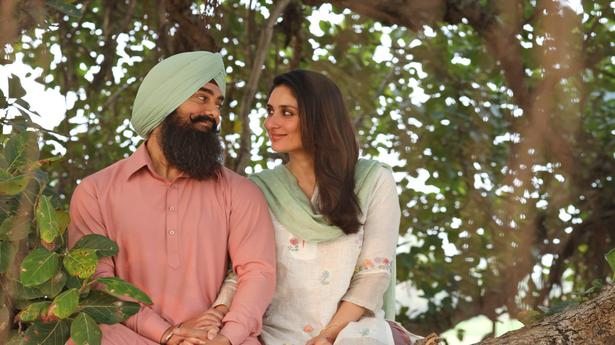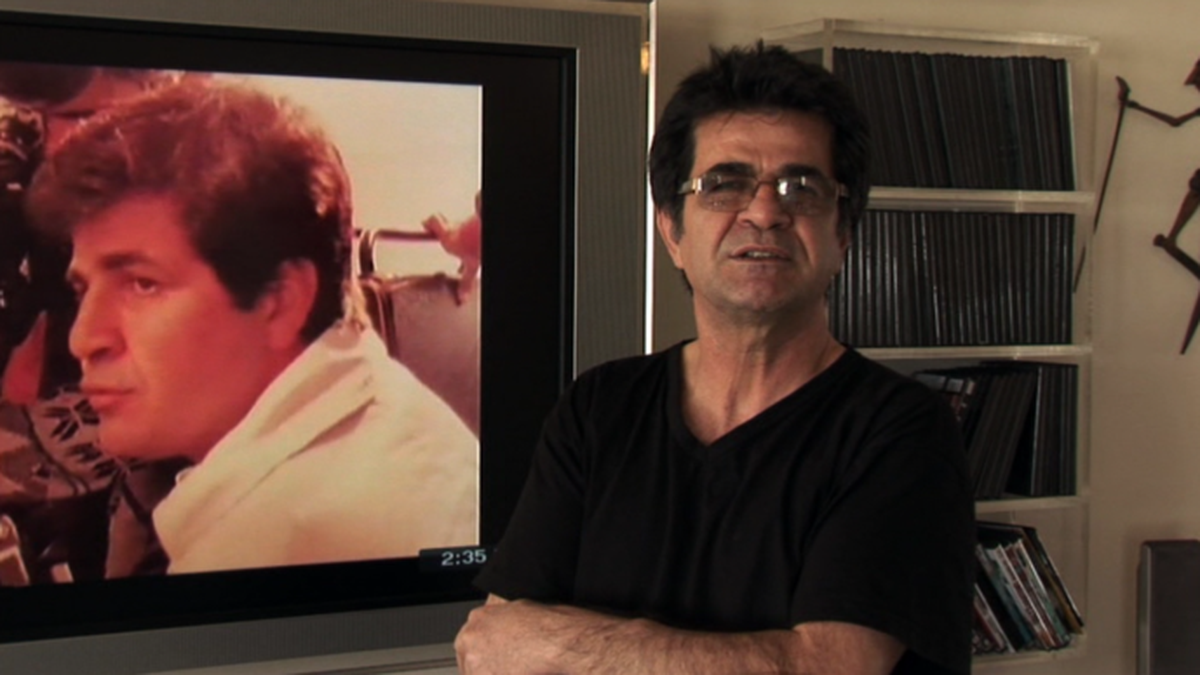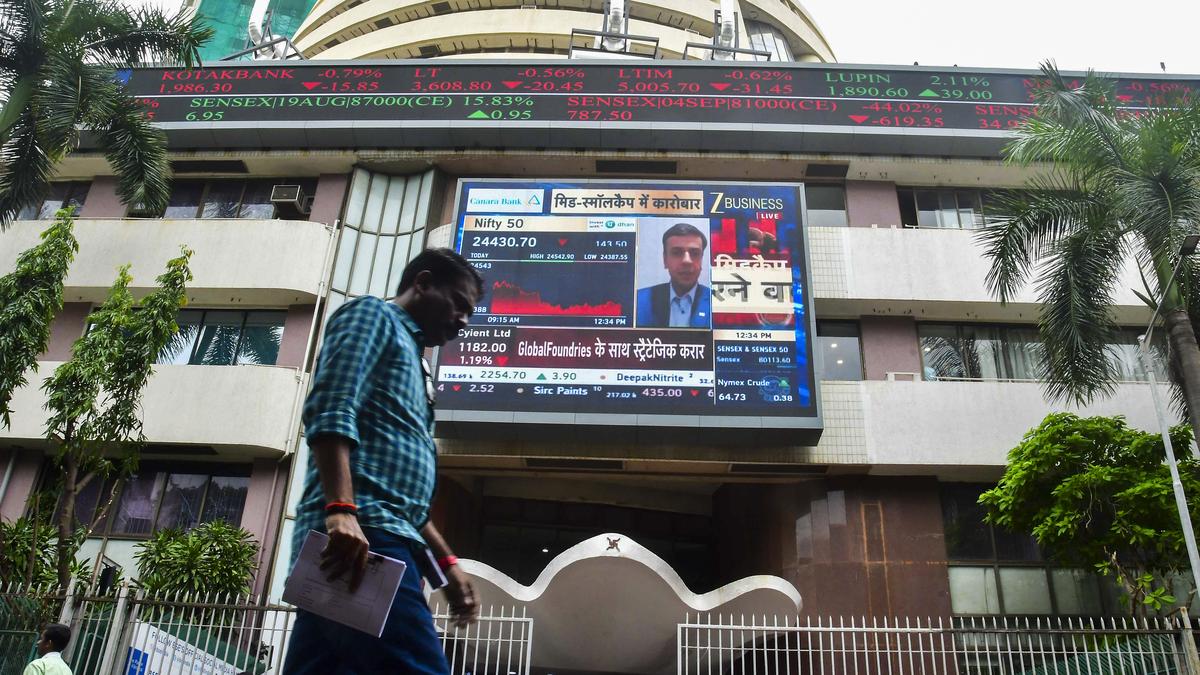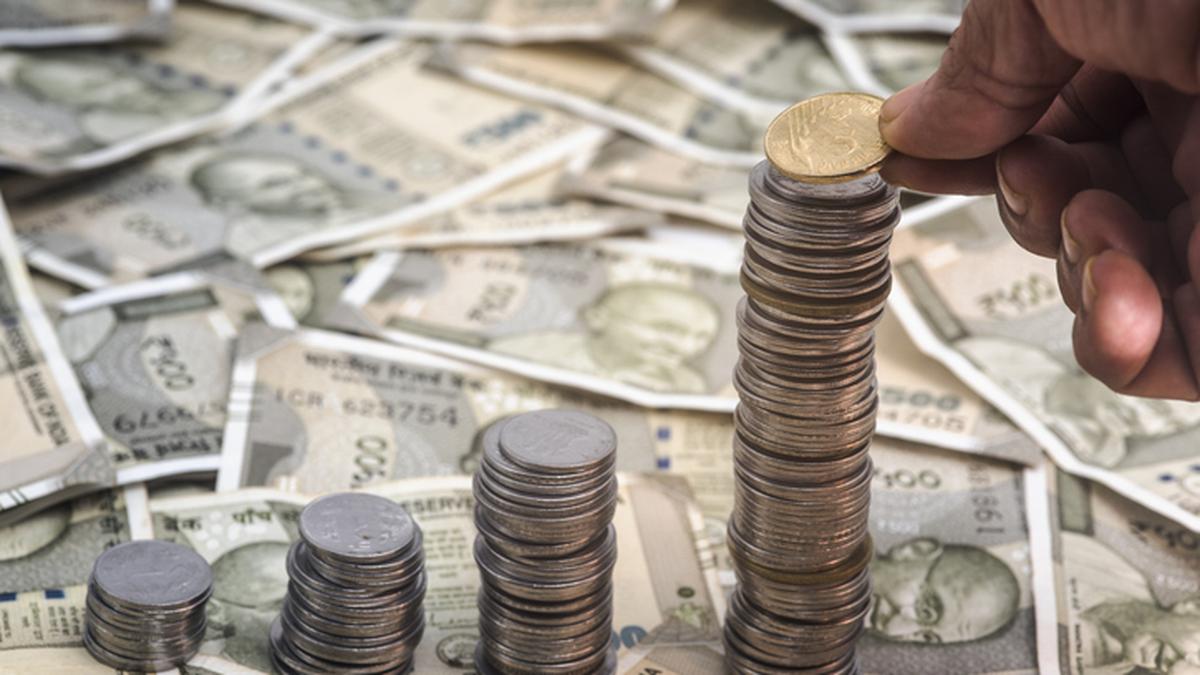The clip, posted on the official Twitter handle of the star’s eponymous production banner, led to some speculating that the actor was apologising for the box office debacle of his latest film ‘Laal Singh Chaddha’
The clip, posted on the official Twitter handle of the star’s eponymous production banner, led to some speculating that the actor was apologising for the box office debacle of his latest film ‘Laal Singh Chaddha’
“We are all human beings and make mistakes,” Aamir Khan Productions said in a statement on Thursday, seeking forgiveness on the occasion of the annual festival of Samvatsari celebrated by the Jain community across the globe.
The 27-second clip, posted on the official Twitter handle of the superstar’s eponymous production banner, led to some speculating that the actor was apologising for the box office debacle of his latest film “Laal Singh Chaddha”.
But that did not seem to be case.
The post appeared as a slide show of the text with a voiceover, not Aamir, reading it. It begins with “michami dukkadam”, an ancient Indian phrase translating to “may all the evil that has been done be fruitless”.
“We are all human beings and make mistakes. Sometimes through our words and sometimes by our actions, at times without knowing and at times when we are angry.”
“We also hurt people with our jokes and sometimes without talking. If I have hurt your feelings in any way, then I seek your forgiveness with my heart, promise and being,” the message read.
Samvatsari is the final day of the yearly Paryushana Parva. People from the Jain community ask for forgiveness from all living beings on this day for any mistakes they have made intentionally or unintentionally.
The Twitter post was deleted and shared again, the second time correcting typos, including one that went as ‘insane’ instead of ‘insaan’. The theme music of Shah Rukh Khan’s “Kal Ho Na No” plays in the background.
“Laal Singh Chaddha”, which battled boycott calls, also features Kareena Kapoor Khan and Mona Singh released on August 10 alongside Akshay Kumar’s “Rakshabandhan”.






